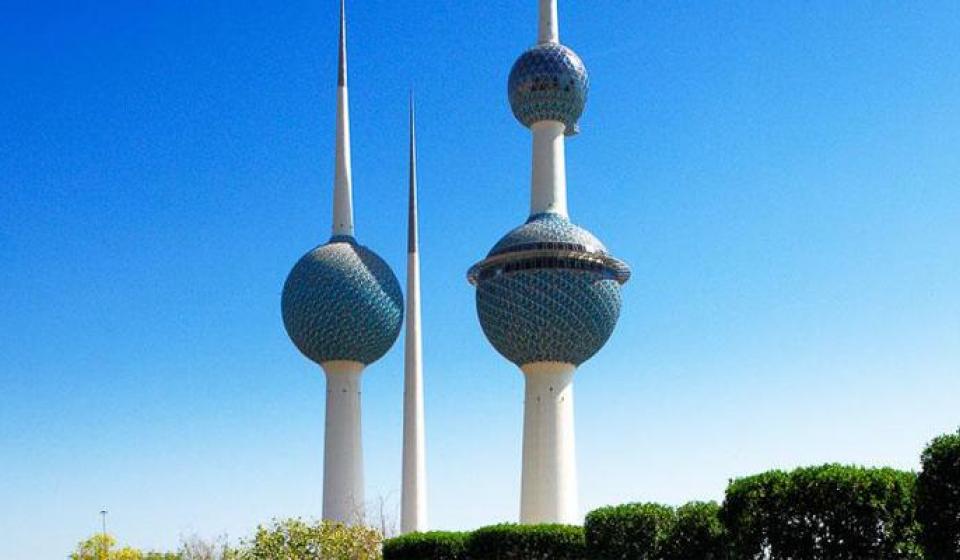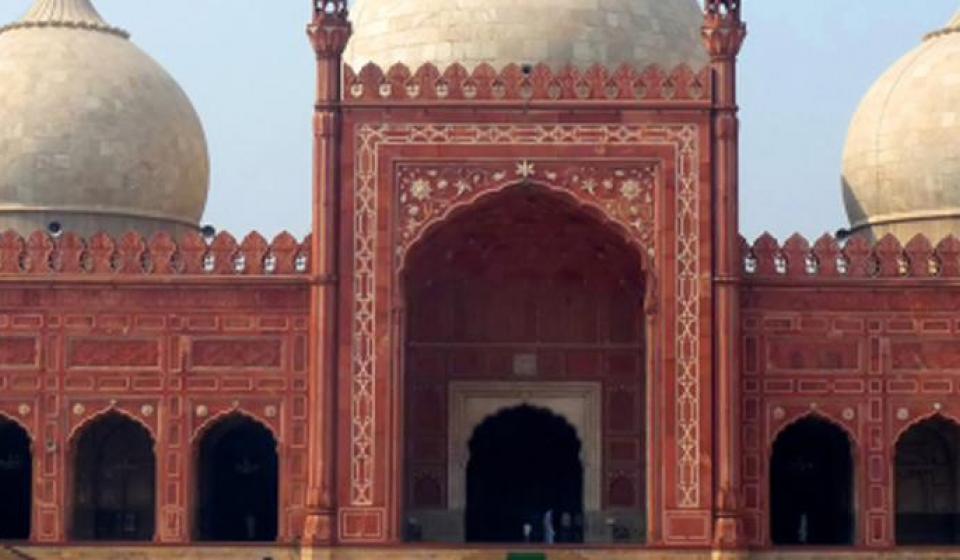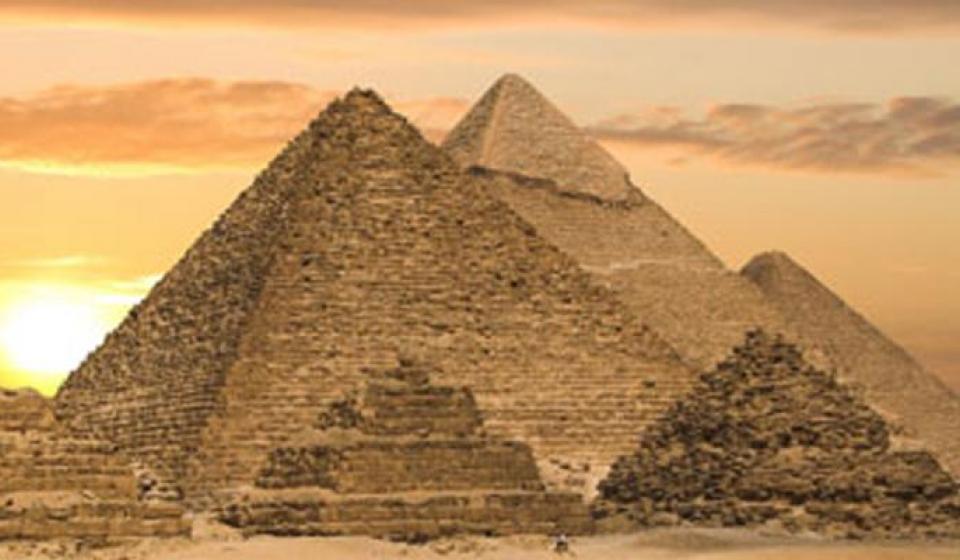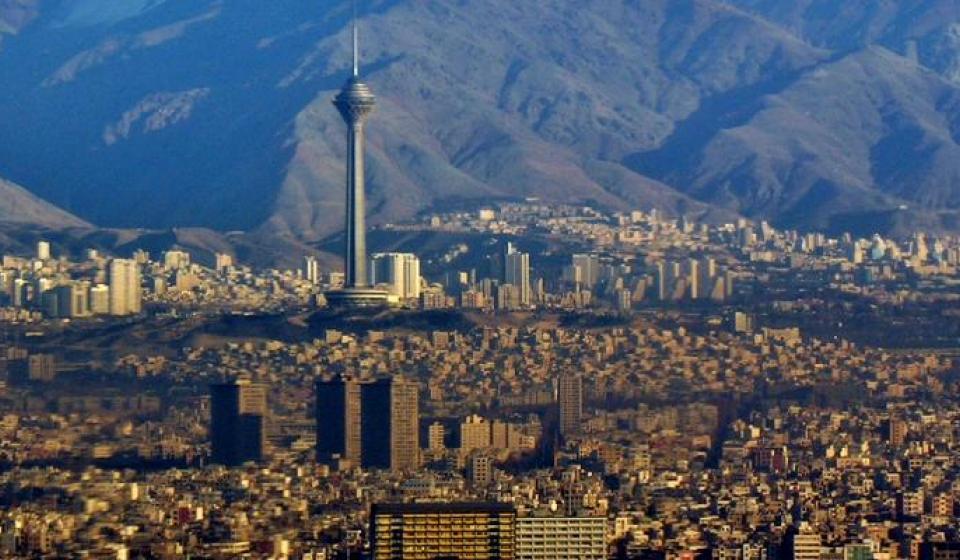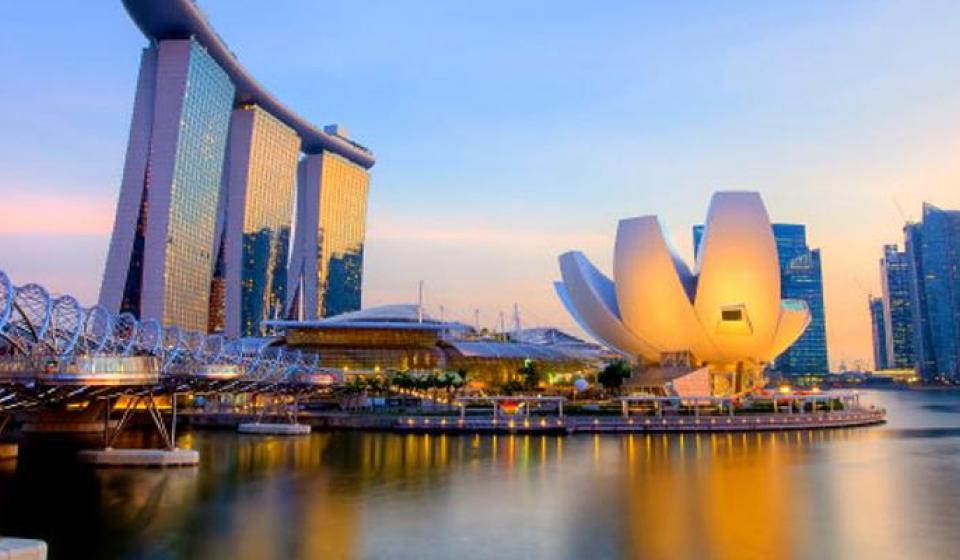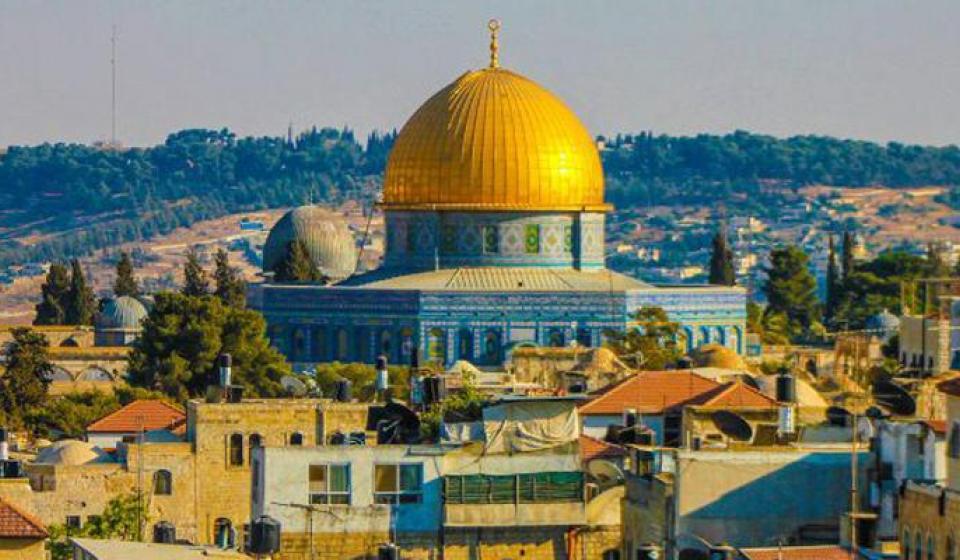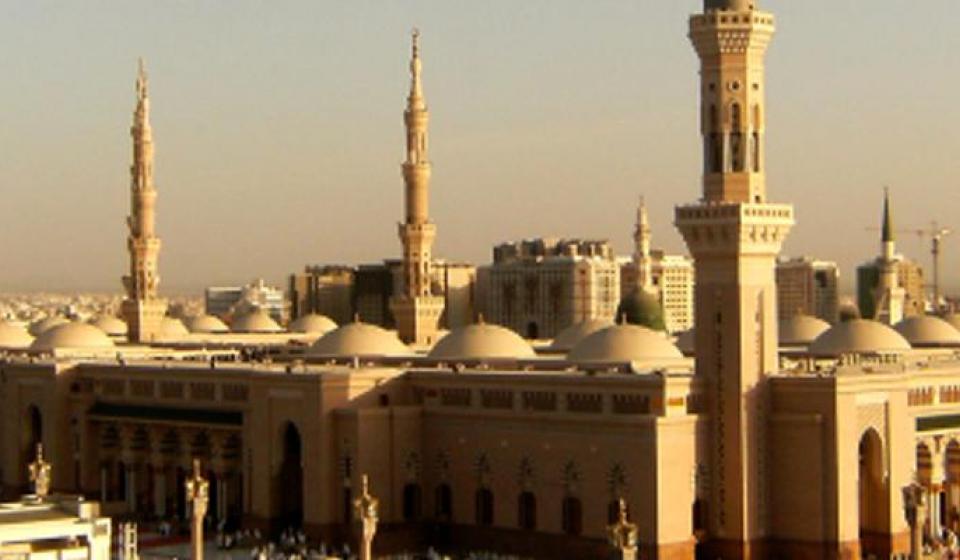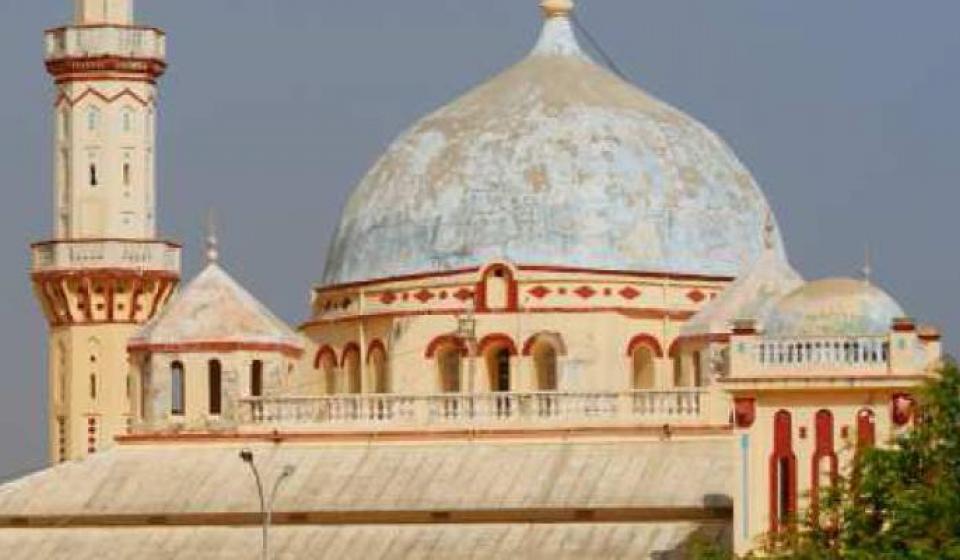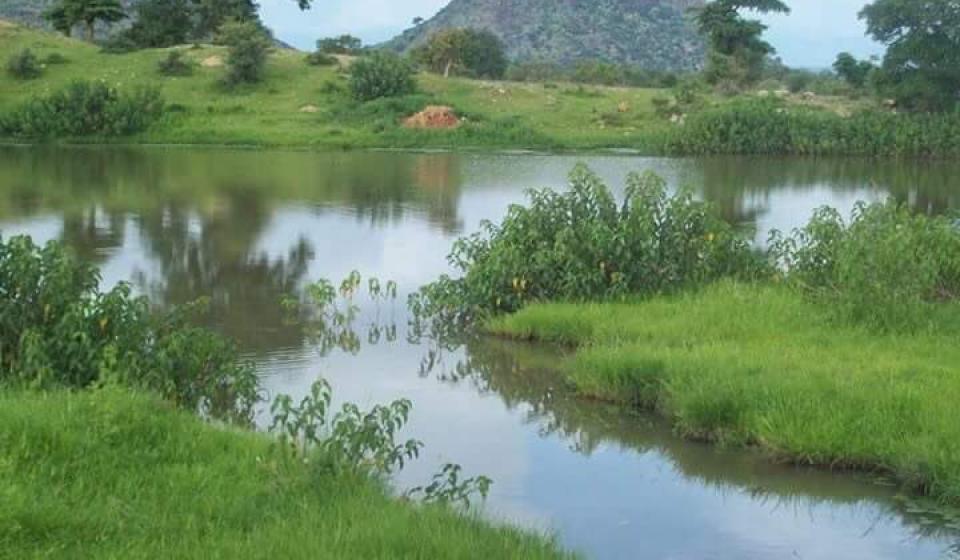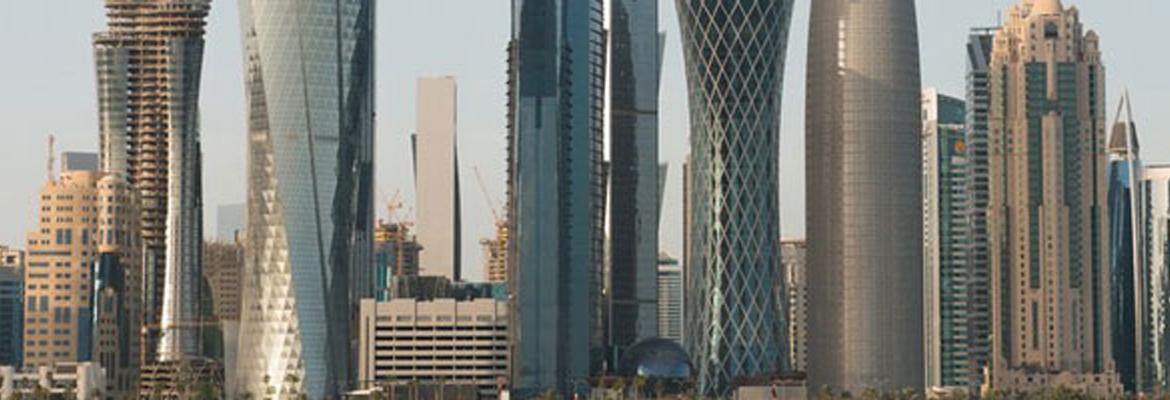
ASU Council for Arabic and Islamic Studies
The more we study others' literary arts, cultures and civilizations, the better enabled we become to achieve understanding and to work toward world peace.
The Council for Arabic and Islamic Studies (CAIS) was established at Arizona State University to acknowledge the significant contributions of Arabic Studies and Islamic civilization and cultures to the world at large both historically and in the modern age.
The Council’s research and teaching programs seek to promote multiculturalism, diversity, inter-faith dialogue, cross-cultural understanding, and the expansion of human civilization and cultures through Arabic as well as other Middle-Eastern languages including Persian and Turkish. The Council seeks to develop constructive academic and cultural interaction and partnerships between ASU and similar groups in the Arab and Muslim worlds.
